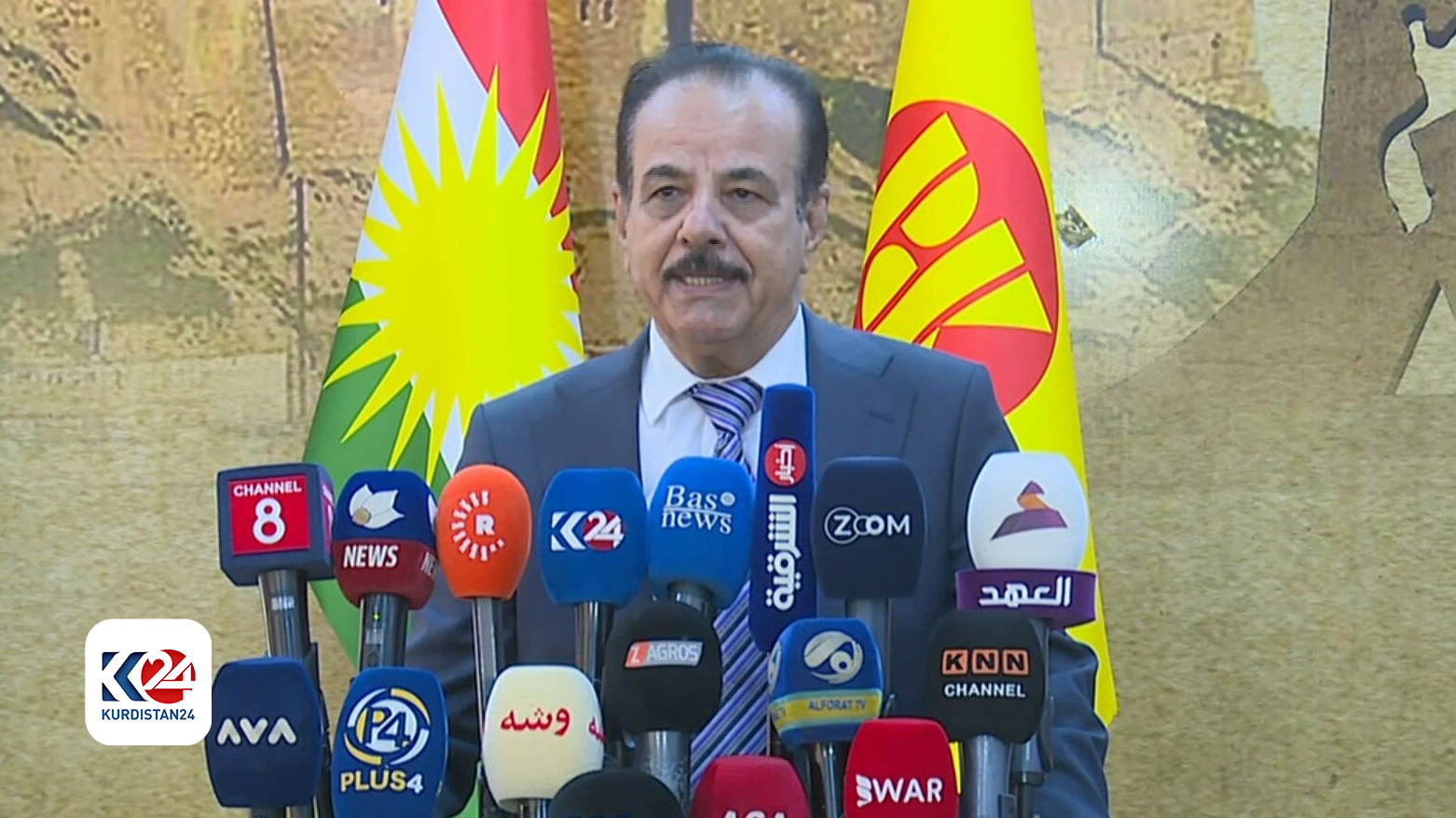KDP official urges Kirkuk census delay, implementation of Article140, return of displaced
Kamal raised concerns about "Arabization," citing the village of Zartik as an example, saying that before its destruction in 1988, there were no Arab households, but a recent survey found 28 Arab households and only eight Kurdish households.

ERBIL (Kurdistan24) – Mohammed Kamal, the head of the third branch of the Kurdistan Democratic Party (KDP) in Kirkuk, has called for the postponement of the census process until after the implementation of Article 140 of the Iraqi Constitution.
He also urged refugees currently residing in Erbil and Sulaimani to return to their homes in Kirkuk.
"The situation in Kirkuk should not be rushed," Kamal stated. "We need to normalize the situation in Kirkuk before proceeding with the general census process in this province. We call for this process to be postponed and not rushed to implement, because Article 140 has not been implemented yet."
Article 140 outlines a process for resolving disputed territories in Iraq, including Kirkuk, through normalization, a census, and a referendum to determine the will of the residents.
Kamal further emphasized the importance of displaced Kirkuk residents returning to their homes. He warned that those who do not return risk losing their rights to food rations, their share of oil revenue, and other forms of assistance.
"We call upon all the displaced persons from Kirkuk who are residing in all parts of Kurdistan Region to return to Kirkuk," he said.
Addressing concerns about the census process, Kamal explained that according to the guidelines, up to three families can register at a single house. He suggested that displaced Kirkuk residents could register their names at the homes of relatives who are currently living in Kirkuk.
Kamal also raised concerns about the issue of "Arabization," citing the example of the village of Zartik. He claimed that before its destruction in 1988, there were no Arab households in the village. However, the recent survey and census process has reportedly registered 28 Arab households and only eight Kurdish households.
Kamal highlighted this as a threat to the integrity of the general census.
Kamal also reiterated his call for displaced citizens to return to Kirkuk and their hometowns before October 5th. He urged them to register at the homes of relatives or acquaintances to ensure their participation in the census and secure their rights.